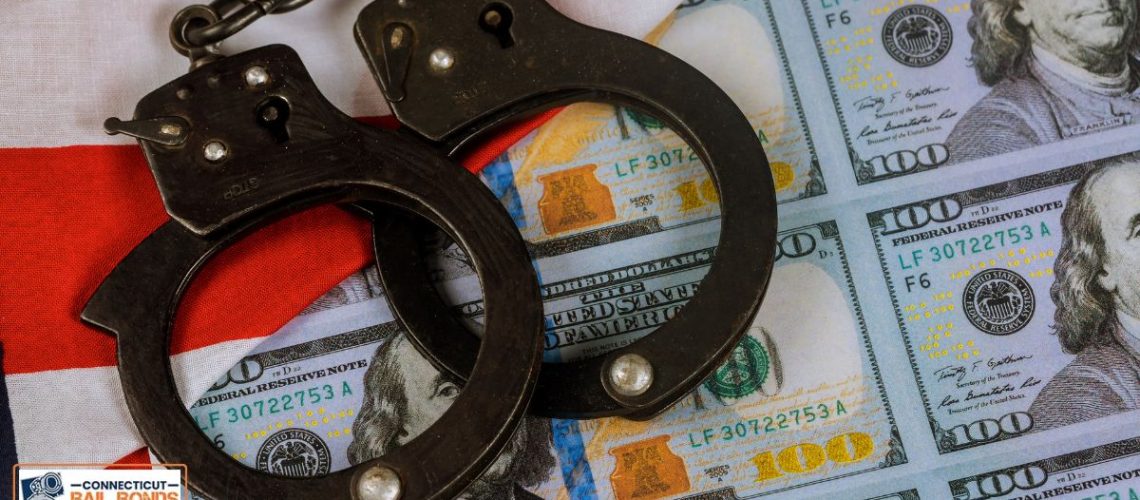Connecticut’s recent legislation allows clients or their families to post bail at 7% of the total amount, up to $50,000, without the involvement of a bail bonds agent. While this policy may appear to provide greater flexibility for defendants, it raises significant public safety concerns. The lack of oversight from bail bonds companies means that defendants posting their own bail are not required to ensure their return to court, nor are they accountable for paying the remaining balance of the bond if they fail to appear.
For licensed bail bonds agencies, however, the stakes are far higher. If a client fails to show up in court, the bail bond company has six months to locate and bring them back to face justice. If unsuccessful, they must pay the full bail amount to the Connecticut Department of Insurance within just seven days. The double standard here is striking—private citizens posting bond have no such obligations, creating a troubling disparity in accountability.
Role of Bail Bonds Companies in Court Appearances
Bail bonds companies play a critical role in Connecticut’s legal system by ensuring defendants appear in court, a responsibility that otherwise could burden taxpayers. Unlike private individuals who post bail, bondsmen are legally obligated to track down defendants who miss court dates. This requirement is not only costly but also time-intensive, often involving partnerships with bounty hunters or investigators.
Failing to appear in court, known as “bail jumping,” is a serious offense with legal consequences, including forfeiting bail and facing additional charges. Licensed bondsmen, like Connecticut Bail Bonds Group, shoulder the responsibility to bring these individuals to justice—at no cost to Connecticut taxpayers. The new law, however, places Connecticut at risk by allowing individuals to bypass this layer of accountability entirely.
Real-Life Example
Connecticut Bail Bonds Group has firsthand experience in enhancing public safety by apprehending dangerous defendants. In a notable case, the company posted a $750,000 bond for Angelo Gibson, who subsequently failed to appear in court. Unbeknownst to many, Gibson was also wanted by local and federal authorities for his involvement in a high-profile homicide. Despite ongoing investigations by the FBI and New Haven Police Department, it was Connecticut Bail Bonds Group, not law enforcement, that successfully located and detained Gibson, returning him to face justice.
This incident highlights the crucial role bail bonds companies play in supporting law enforcement, a responsibility that private individuals posting bail cannot fulfill. Without their intervention, individuals like Gibson could evade the law, posing significant risks to the community.
Why Accountability Matters
The fundamental purpose of bail is to guarantee a defendant’s presence at trial. Bail bonds companies are legally bound to ensure this by either recovering the defendant or covering the full bond cost if they cannot. This enforcement mechanism incentivizes bail agents to fulfill their duties diligently and ensures that defendants are held accountable. The new 7% bond option lacks this accountability structure, as there is no financial or legal obligation for private individuals to recover defendants or reimburse the state if the defendant skips court.
For example, if someone posts their own bond and fails to appear, the system provides no recourse, leaving taxpayers to bear the costs of missed court dates and prolonged legal processes.
As Connecticut adapts its bail policies, lawmakers must carefully consider the implications of these changes on public safety. Bail bonds companies like Connecticut Bail Bonds Group bring vital expertise and accountability to the judicial system, ensuring that released defendants uphold their obligations. Without this professional oversight, Connecticut risks an increase in missed court appearances, costly legal pursuits, and potential danger to the public.
Connecticut Bail Bonds Group remains committed to protecting public safety by helping clients navigate the bail process responsibly. If you or a loved one needs support with bail, call us or visit our website for a consultation.


